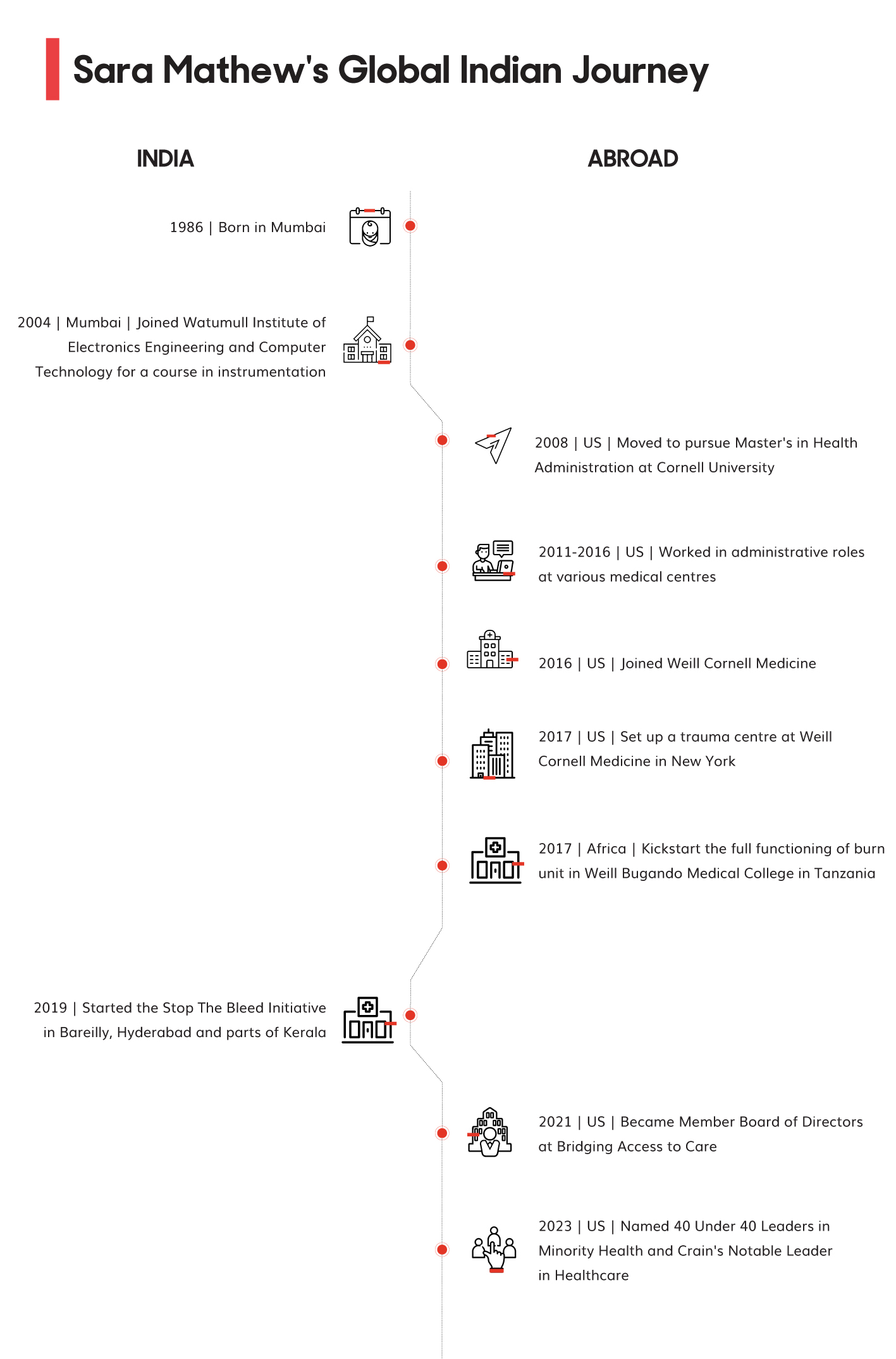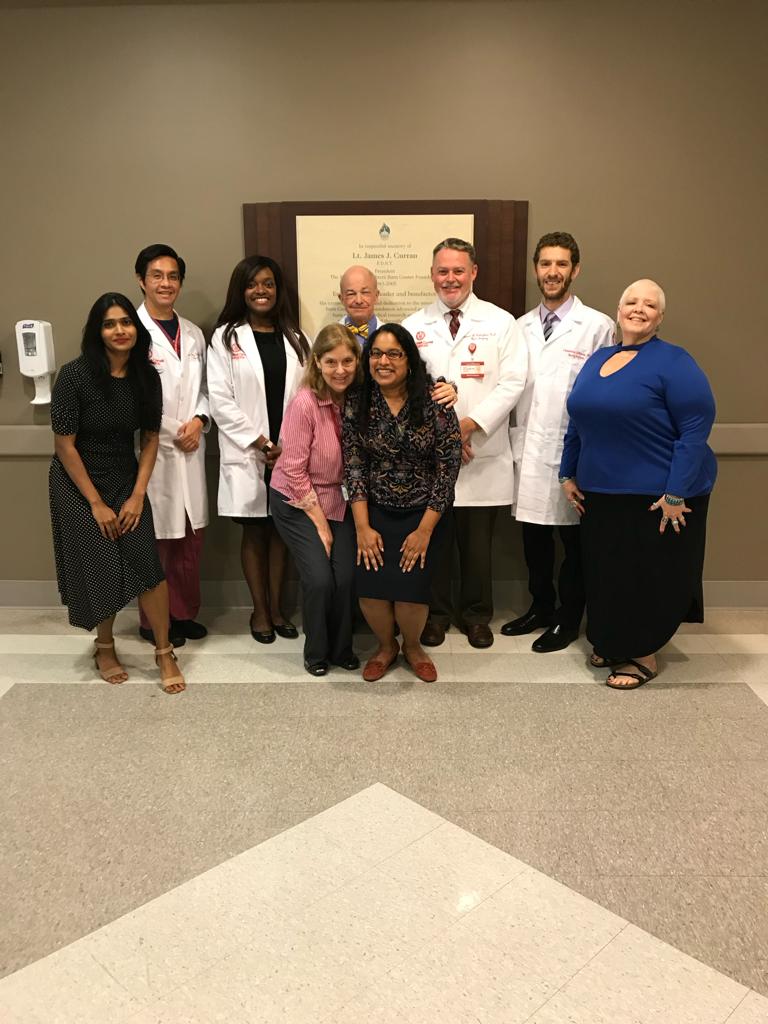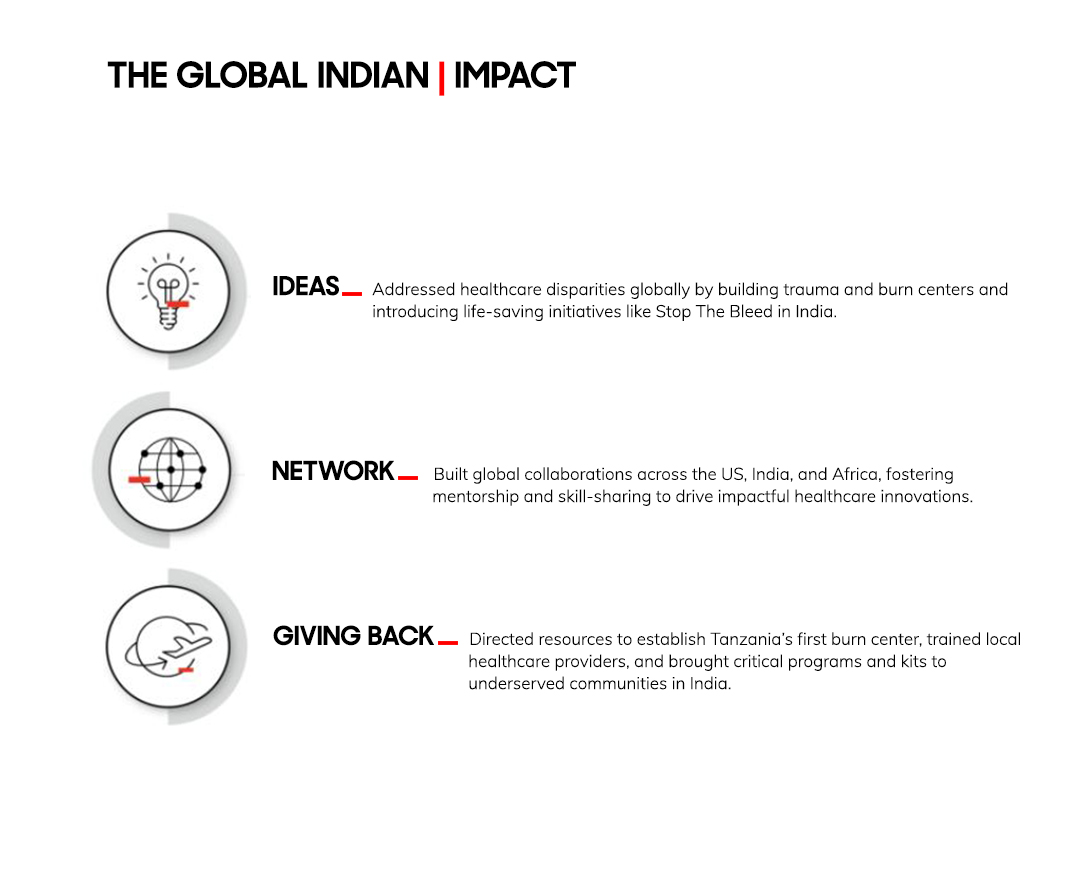(December 10, 2024) Billionaire techpreneur Divyank Turakhia enjoys wing walking – a highly advanced daredevil stunt that involves moving, and performing on the wings of a plane during flight. If this isn’t crazy enough, the 42-year-old, who made it to the billionaire’s club when he was in his mid-thirties, happens to suffer from osteoporosis, which means that a bruising or a sprained ankle for the rest of us would mean a shattered leg, or a knee replacement surgery for him. But he does it anyway. And it’s not because he’s an adrenalin junkie, who gets his thrills from danger. In fact, it’s quite the opposite. He’s more cautious than you or me. He’s risk-averse, in fact, and his thrill comes from managing that risk.
That’s also how the Turakhia brothers, Bhavin and Divyank, run their tech conglomeration, Directi, which began with they co-founded their first company back in 1998. They think big, taking on challenges that seem improbable, but execute their plan with caution. That’s why their ideas have also paid off in equal measure. “Aerobatics is like business,” Divyank told Forbes. “It’s fun if it’s done right. If it’s not, you crash and burn. So you have to know your limitations, you have to have a backup plan for a backup plan.” It’s a sentiment Bhavin Turakhia has also echoed over the years. “A bootstrapped mindset is much more important than a bootstrapped company,” Bhavin Turakhia said. Today, the Turakhia brothers operate offices across the globe, shuttling between Mumbai, Dubai and California as they forge ahead in the cutting-edge world of tech entrepreneurship.
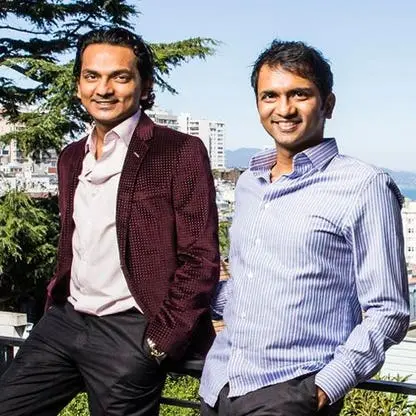
Divyank and Bhavin Turakhia
A calculated risk
At the start of the internet boom in India, in the mid-1990s, when Divyank was barely 16 years old, he and Bhavin, who was eighteen years old at the time, took a loan of Rs 25,000 from their father to start their own tech company that created domain names. What began in a corner of their kitchen has grown into a company that employs thousands globally, with offices all around the world. Directi operates a bouquet of tech companies with interests in ad technology, online payment services and even an instant messaging app. In 2016, still in their mid-thirties, the Global Indian brothers made it to the billionaires’ club.
“Our two public exits in companies in the past few years are now worth more than $1 billion,” Divyank Turakhia told QZ in an interview. One exit was in 2014, when they sold a part of Directi to the Endurance International Group for $160 million. The other was in 2016, when a Chinese consortium bought Media.net for $900 million, the third-largest ad-tech deal in history at the time.
The young entrepreneurs
Growing up in a middle-class home in Mumbai, Divyank Turakhia was a self-professed nerd. He loved video games, but rather than sit slack-jawed before the TV playing NFS, he wanted to build games. He began coding at the age of eight, and would stay late at school to learn because they didn’t have a computer at home. When he was 13, he and his brother Bhavin spent all the their time writing a game, in which the protagonist was a businessman who had lost all his money. Interestingly, it wasn’t a run of the mill revenge / action plot. Instead, to win the game, the player had to create a new business from the ground up. Winning was when you capture 100% of the market share. And bear in mind, this was all in the year 1994, when video games came in tapes that were slid into small consoles, and in India, having a computer game that was actually in colour was a huge luxury. In the US, media personalities were debating the pronunciation of @ and email was still strange and new. That was when Divyank and Bhavin, who were using a rudimentary dial-up modem to create a game that let their friends dial in to play along.
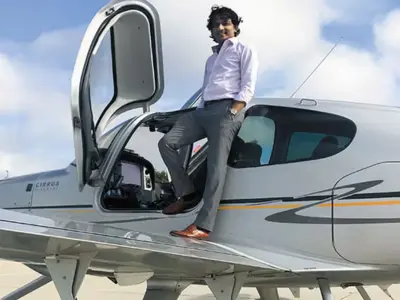
Divyank always thought like an entrepreneur, according to Wired. He would handle his wealthy friends coding homework for $10, which was a fairly princely sum in India at the time. Soon, the bigger corporations were knocking at the door, and Divyank had even helped NASSCOM get their connectivity up and running for an internet conference, which was really cutting edge stuff back then. “After that, every time some large company had a problem, they’d ask NASSCOM, who’d say, ‘oh, there’s this kid we know who can solve your problem’,” he told Wired.
Consulting was fun, and brought him quite a bit of money, but he wanted more. And he was convinced the internet was where he wanted to build a business. It was quite a risky call – according to World Bank Data, only 0.14% of Indians were on the internet in 1998. In 1999, this number leapfrogged to 0.27%, a significant rise, but still a small number overall. It looked as if the Turakhia brothers were correct in saying that Indian businesses were going to be online. It led them to start their first company, a fledgling tech venture that sold domain names.
All the while, they were reading every book on tech culture they could find. There was plenty of motivation in the US – the dotcom boom had begun in 1995, and saw an explosion of internet startups. Businesses like Amazon, eBay and Yahoo were entering the fray, although they were just small companies then. Investors were bullish about the internet and poured billions into this industry, although most of the companies were operating at a loss. This optimism spilled over into NASDAQ too, and the stock exchange saw huge growth and companies went public and were promptly overvalued. Still, all this was happening far away from the Turakhia brothers’ middle-class upbringing, and their only connection to it was books. “I think I read 11 books about Bill Gates,” Bhavin told Wired.
It kept them motivated and they wanted to build a business that wouldn’t tie them to being personally available to every single customer. They took a loan from their father, rented a US server and set up a web hosting company. Within a month, the brothers had made enough to pay their dad back and rent the server for three more months. By the time he turned 18, Divyank and Bhavin had made their first million.
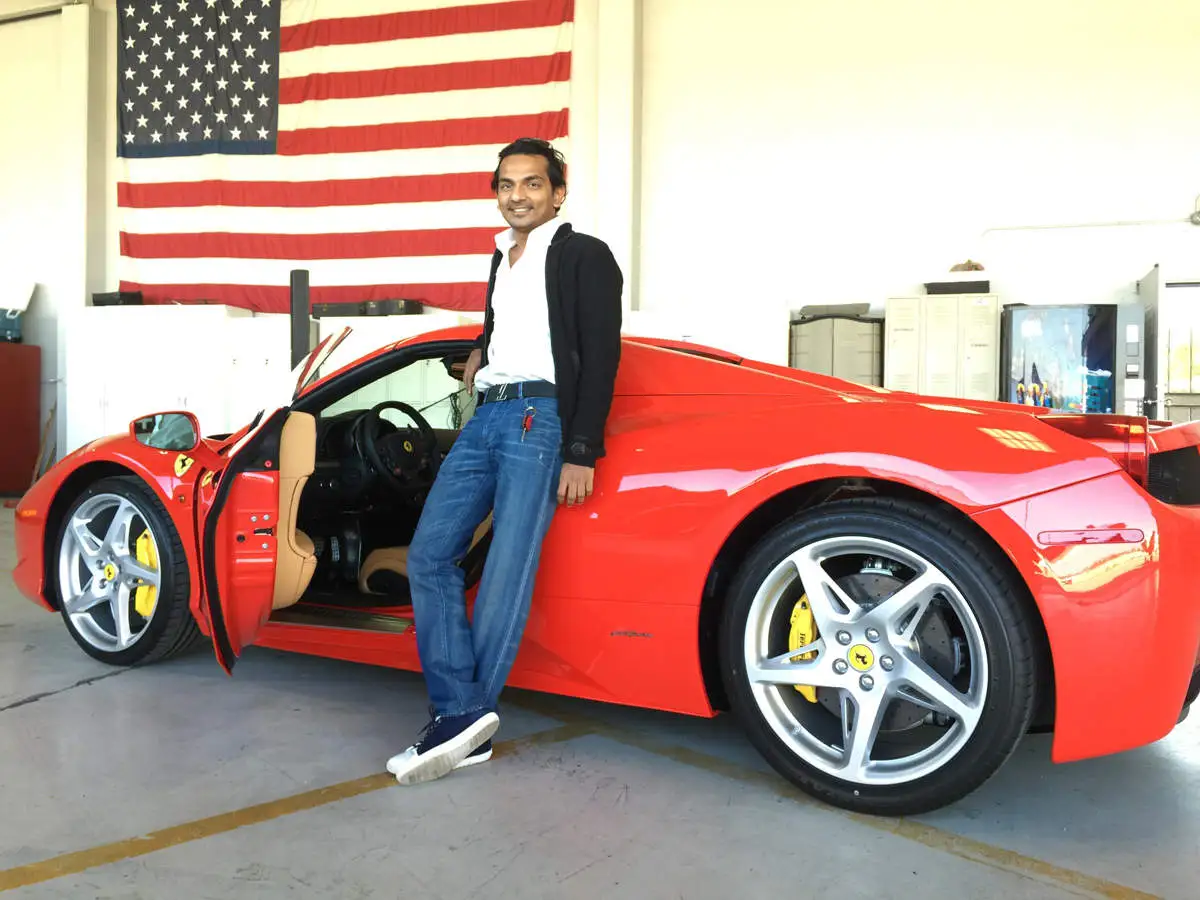
Branching out
By the early 2000s, Directi was evolving rapidly. The brothers, who had started with domain registration, were now building platforms and services to address inefficiencies in the web services market. Bhavin spearheaded the development of LogicBoxes, a platform designed to automate operations for domain registrars. This innovation wasn’t just ahead of its time—it became a vital backbone for registrars worldwide, transforming how businesses managed domain portfolios.
Simultaneously, ResellerClub emerged as a cornerstone of Directi’s growth. Launched in 2003, it empowered small businesses to offer web hosting and domain services without the overhead of maintaining infrastructure. By the mid-2000s, ResellerClub was supporting thousands of resellers globally, and its success cemented Directi’s reputation as a leader in the domain and hosting industry. “ResellerClub was about democratizing access,” Bhavin explained in an interview. “We wanted entrepreneurs to build businesses using our platforms.”
While Bhavin focused on scaling infrastructure, Divyank identified another emerging opportunity: online advertising. In 2005, he launched Skenzo, an ad-tech platform that specialized in monetizing unused domain names through contextual advertising. Skenzo quickly became a pioneer in the industry, generating significant revenue and setting the stage for what would later become Media.net. Divyank’s knack for identifying trends early paid off, as Skenzo became one of Directi’s most profitable ventures.
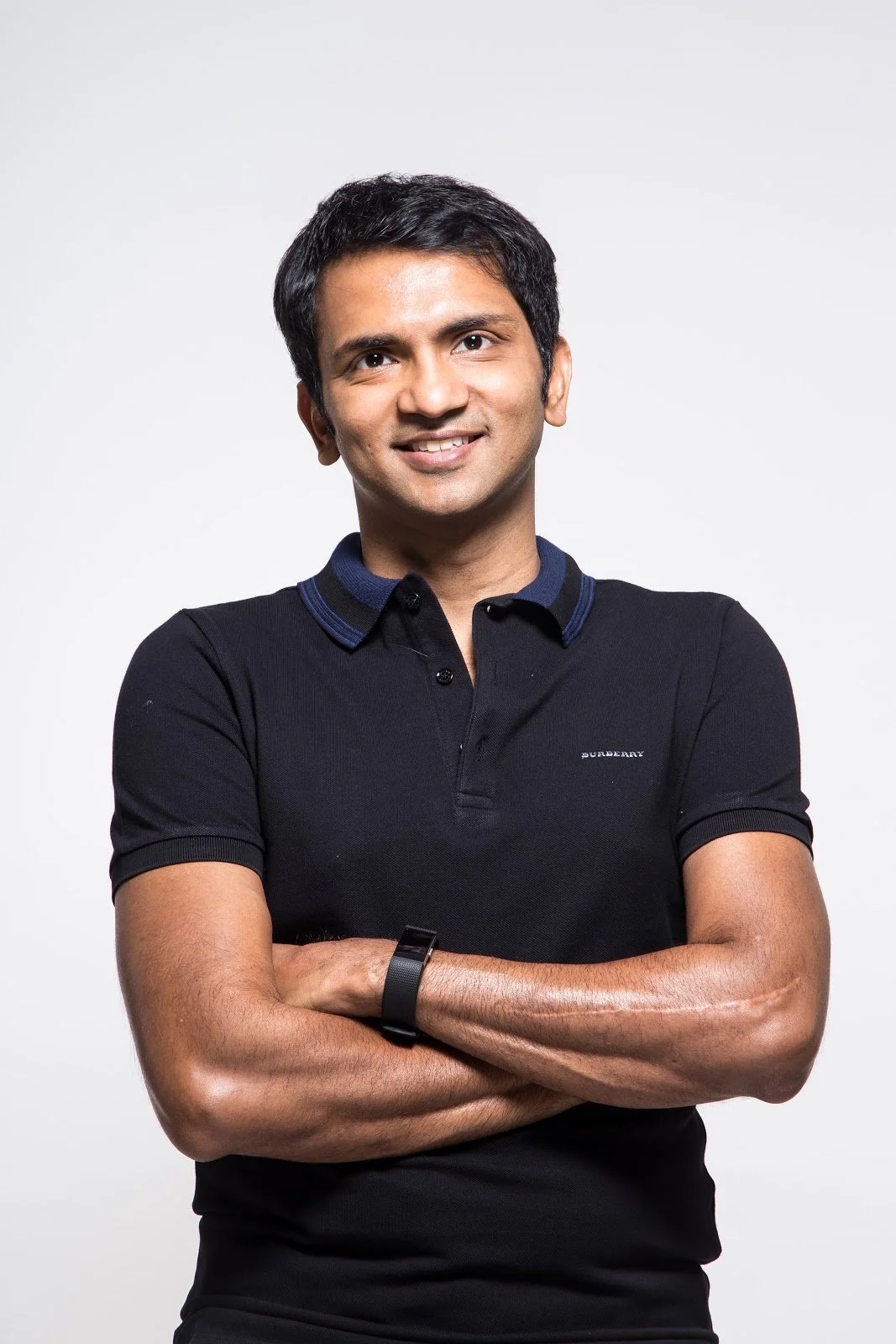
Bhavin Turakhia
Directi’s growth wasn’t without challenges. In an interview with Wired, Bhavin reflected on their early scaling years: “We were growing so fast that keeping up with customer demand was a constant battle. But we learned to build systems that could scale faster than us.” Their focus on automation and efficiency allowed them to serve a global audience without sacrificing quality.
Building a billion-dollar company
By 2008, Directi was a thriving ecosystem of businesses, ranging from domain registrars to ad-tech platforms. The brothers continued to reinvest profits into new ventures, with a relentless focus on solving real-world problems. Their ability to anticipate market needs and execute with precision became their defining trait.
The 2010s marked a turning point for Directi. As the company grew, so did its global footprint. They opened offices in Dubai, Austin, and other key markets, expanding their reach beyond India. This international focus was instrumental in driving revenue and attracting clients from around the world. “We always thought globally, even when we were operating out of our apartment in Mumbai,” Divyank told Forbes. Their global mindset paid off, as Directi became a trusted name in the tech industry.
In 2014, the brothers made headlines with their first major exit. Endurance International Group acquired several Directi businesses, including ResellerClub, BigRock, and LogicBoxes, for $160 million. This was a monumental milestone, but the Turakhias were far from done. As Bhavin described it, “The sale was a validation of what we’d built, but it also gave us the freedom to focus on even bigger ideas.”
Breaking records
Divyank’s next move would solidify his status as a visionary in the ad-tech world. Media.net, a contextual advertising platform he founded in 2011, grew rapidly under his leadership. By 2016, Media.net was one of the largest players in the industry, with offices across the US, Dubai, and India. That year, Divyank orchestrated a $900 million sale of Media.net to a Chinese consortium, making it the third-largest ad-tech deal in history. Reflecting on the deal, Divyank told Quartz, “It wasn’t just about the numbers—it was about building something that could stand on its own.”
Bhavin has not fallen behind. In 2018, he founded Titan, a professional email startup that raised $30 million from Automattic the parent company of WordPress, its single largest investment ever, which valued Titan at $300 million. The email-suite was meant to help businesses schedule their mails, drop follow-up reminders allow users to work quickly and efficiently by providing email templates and frequently-used responses. “Our vision is to re-invent email for professionals and businesses. We aim to leverage our partnership with Automattic by targetting the right set of businesses to adopt the Titan email suite,” Bhavin told CXO Today.
Today, Directi operates as a global tech conglomerate, with interests spanning domains, hosting, advertising, and beyond. From their humble beginnings coding in a Mumbai apartment, Directi now employs thousands of people around the globe and has offices around the world.
- Follow Bhavin Turakhia and Div Turakhia on LinkedIn

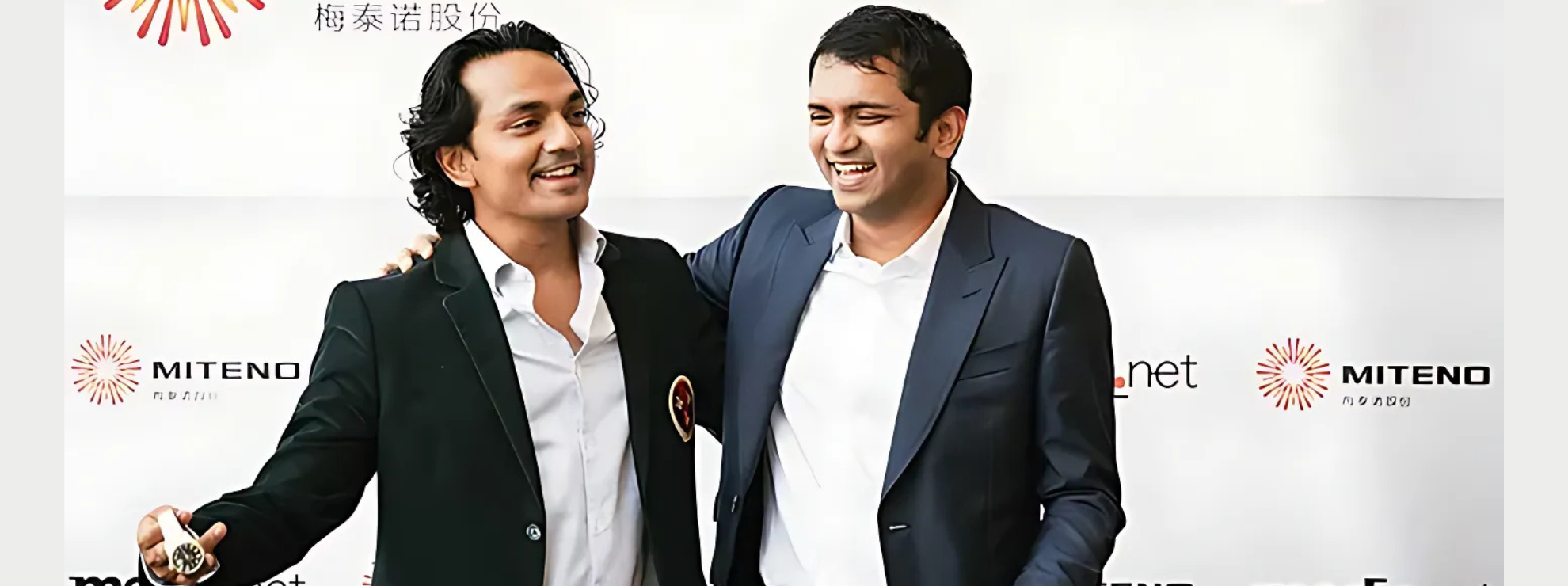
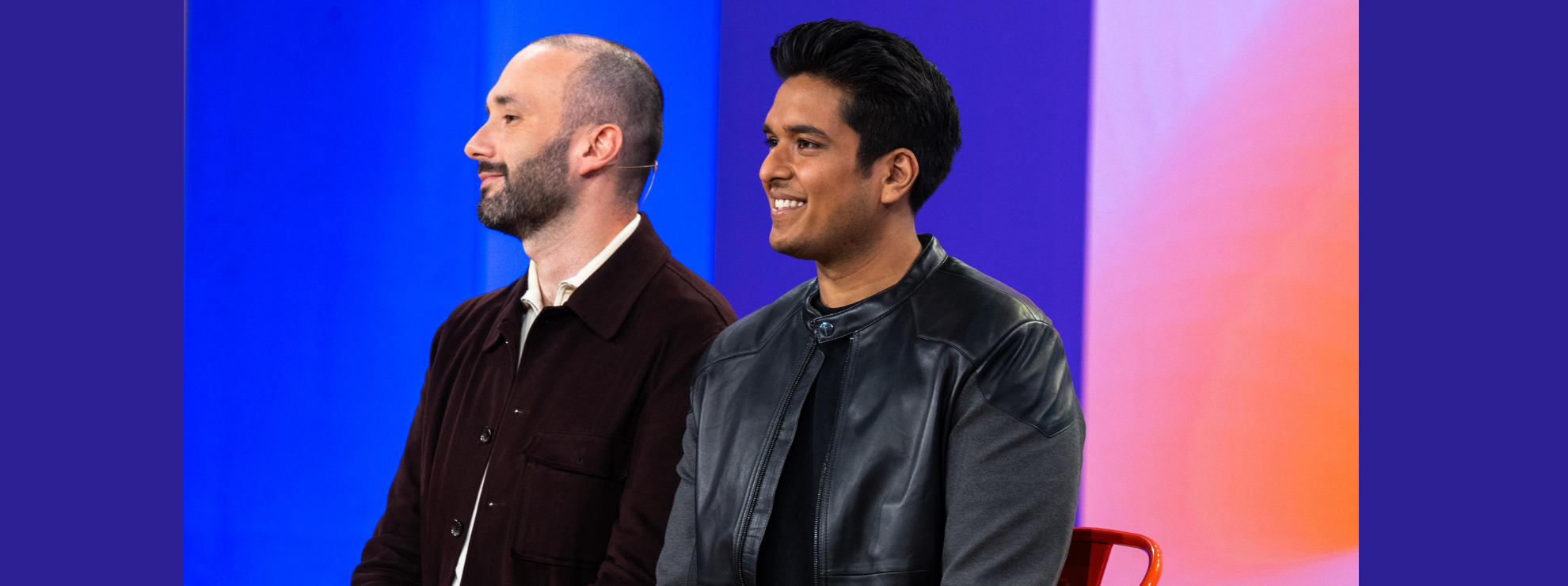
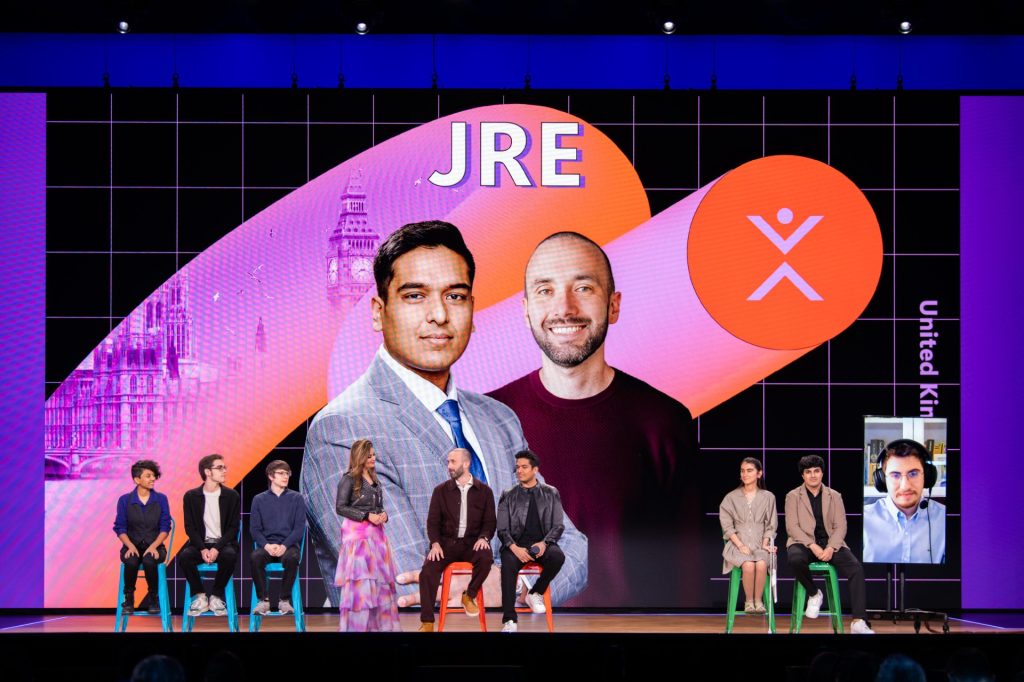 Akshat and Jorge, co-founders, JRE, at the Microsoft Imagine Cup[/caption]
Akshat and Jorge, co-founders, JRE, at the Microsoft Imagine Cup[/caption]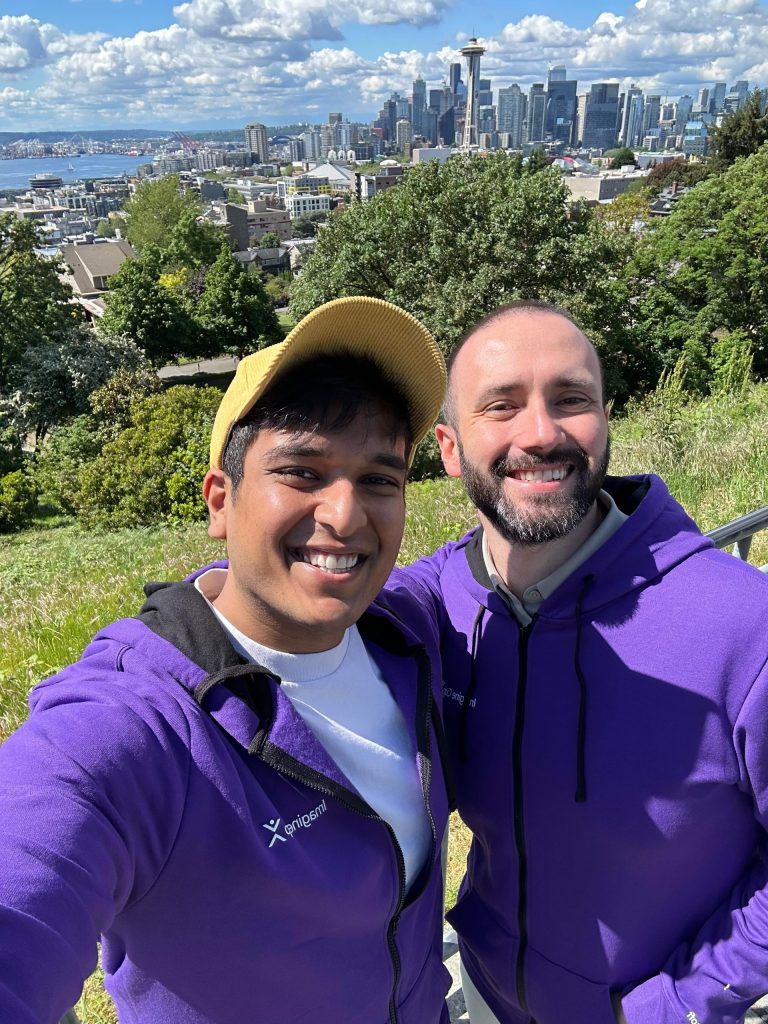
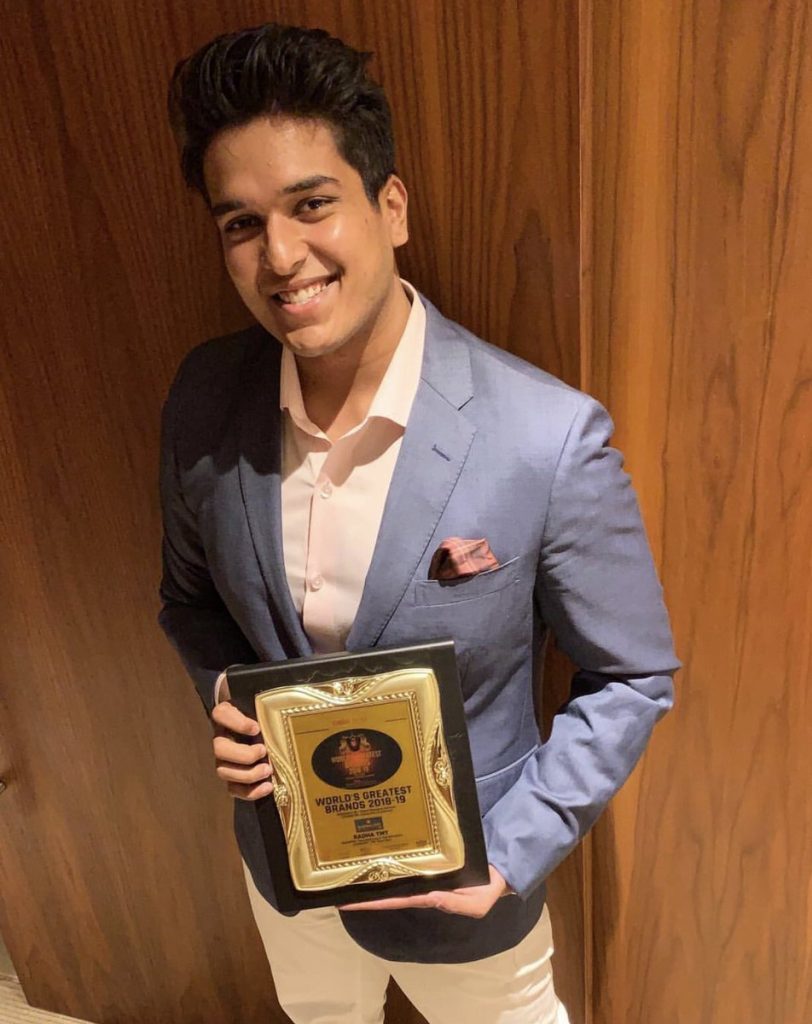
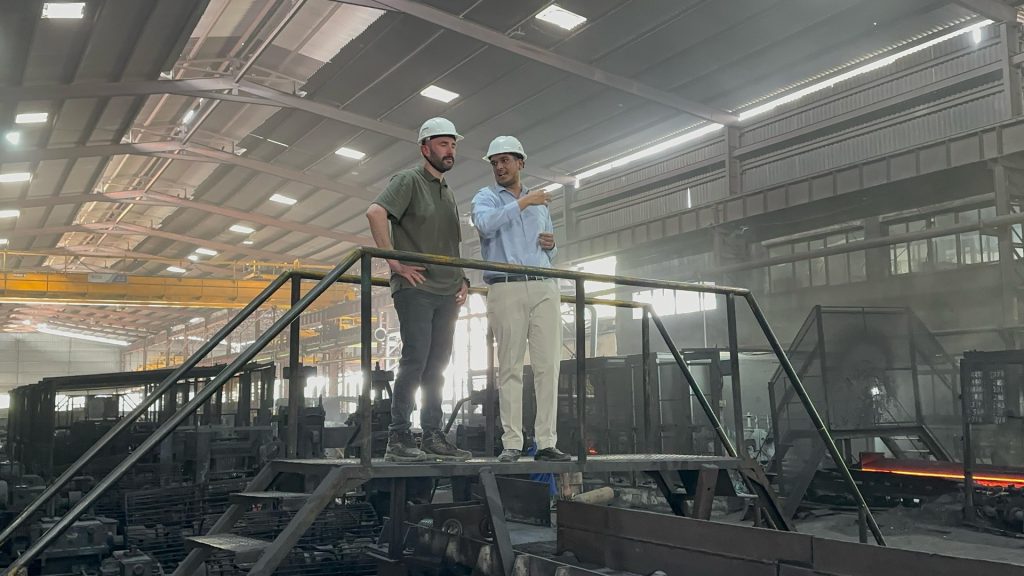
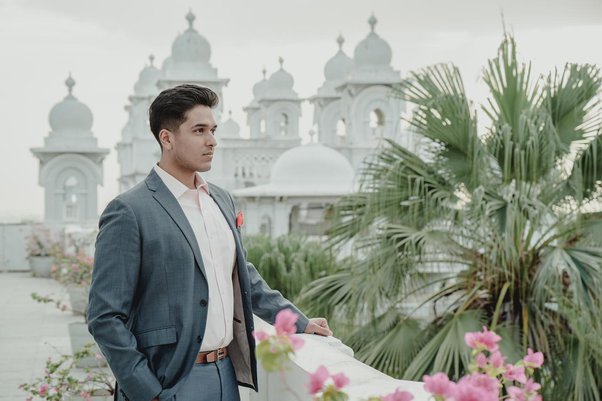

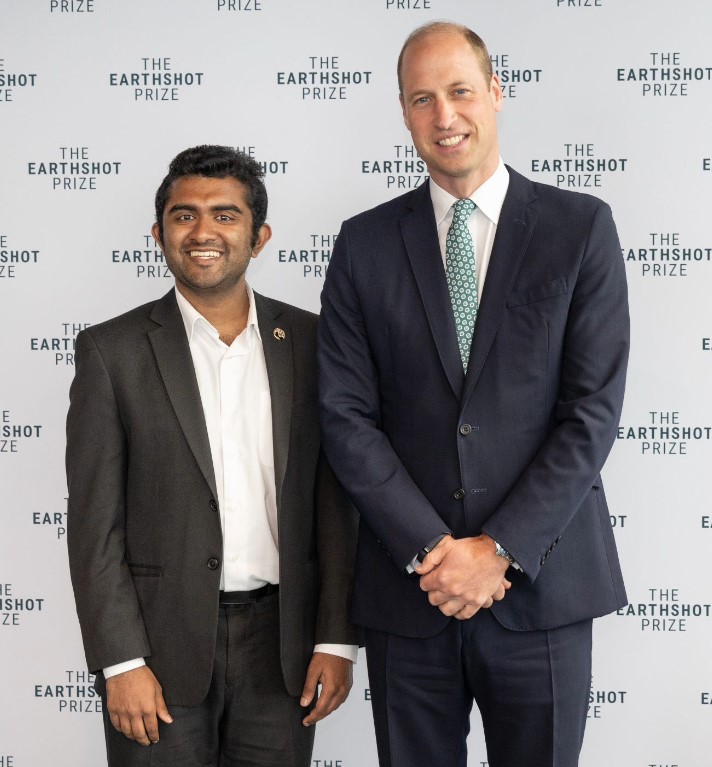 Aadith Moorthy with Prince Williams during the Earthshot Prize ceremony[/caption]
Aadith Moorthy with Prince Williams during the Earthshot Prize ceremony[/caption]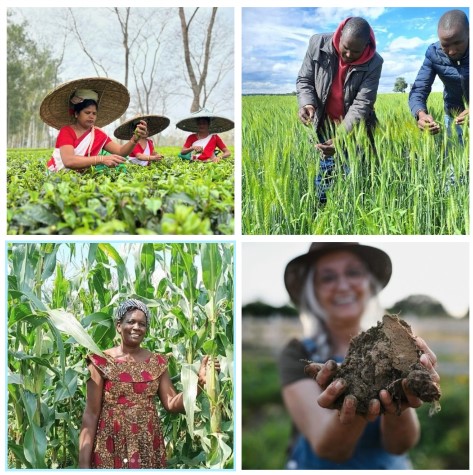 Image credit: Boomitra[/caption]
Image credit: Boomitra[/caption]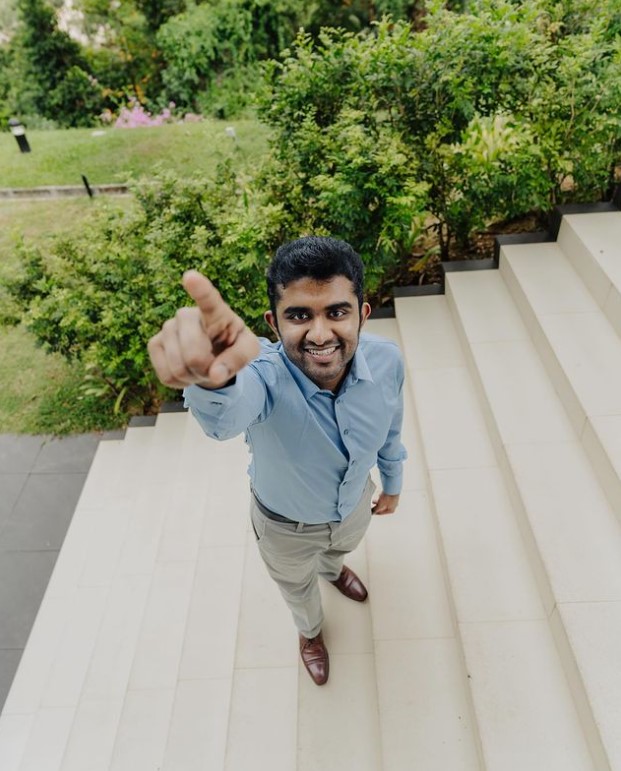 Aadith Moorthy[/caption]
Aadith Moorthy[/caption]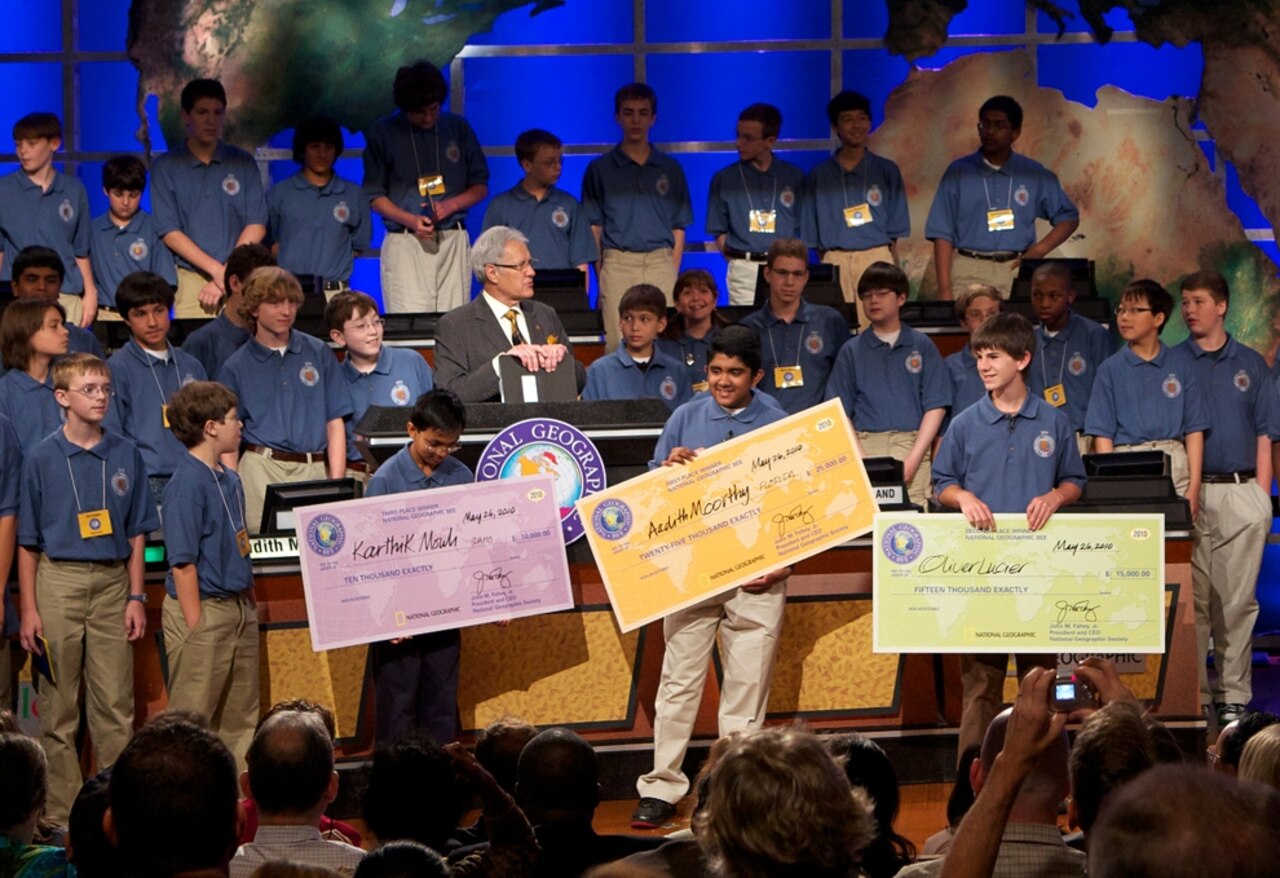 2010 National Geographic Bee winner Aadith Moorthy (center) with fellow competitors | Image credit: National Geographic[/caption]
2010 National Geographic Bee winner Aadith Moorthy (center) with fellow competitors | Image credit: National Geographic[/caption]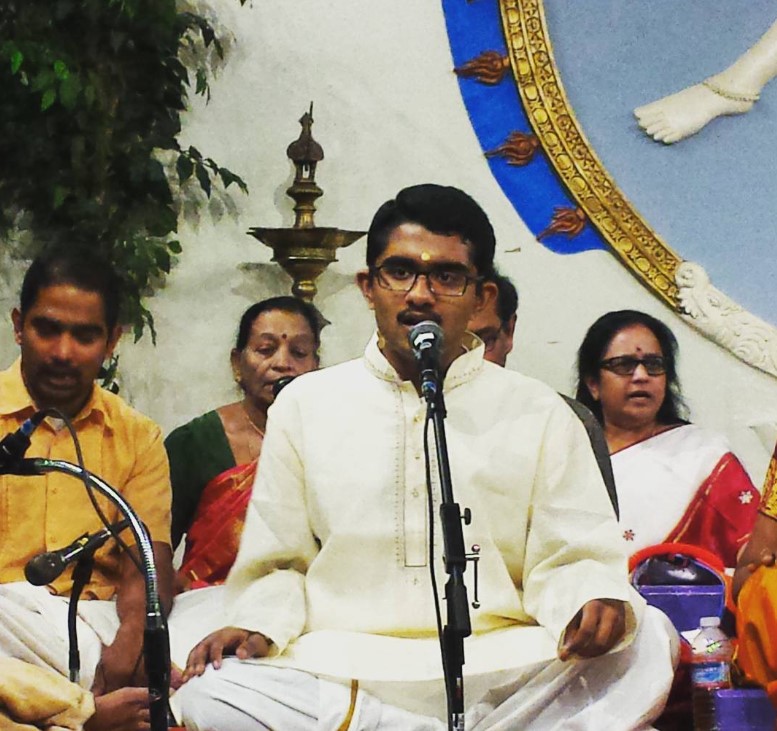 Aadith Moorthy during a Carnatic performance[/caption]
Aadith Moorthy during a Carnatic performance[/caption]
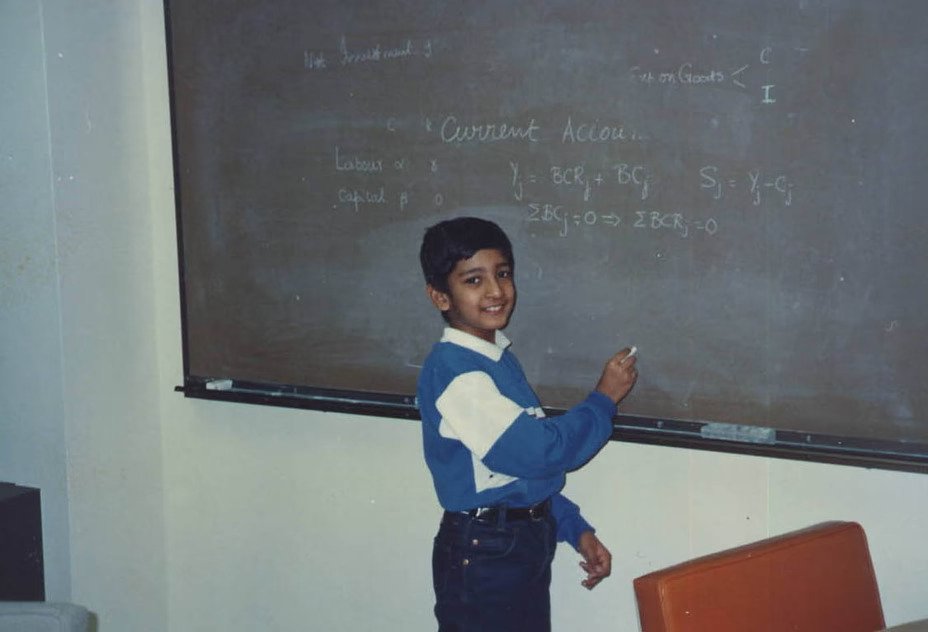 Nine-year-old Chetty[/caption]
Nine-year-old Chetty[/caption]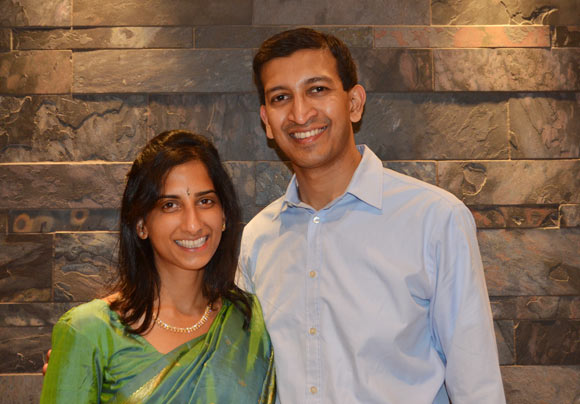 Raj and Sundari Chetty[/caption]
Raj and Sundari Chetty[/caption]
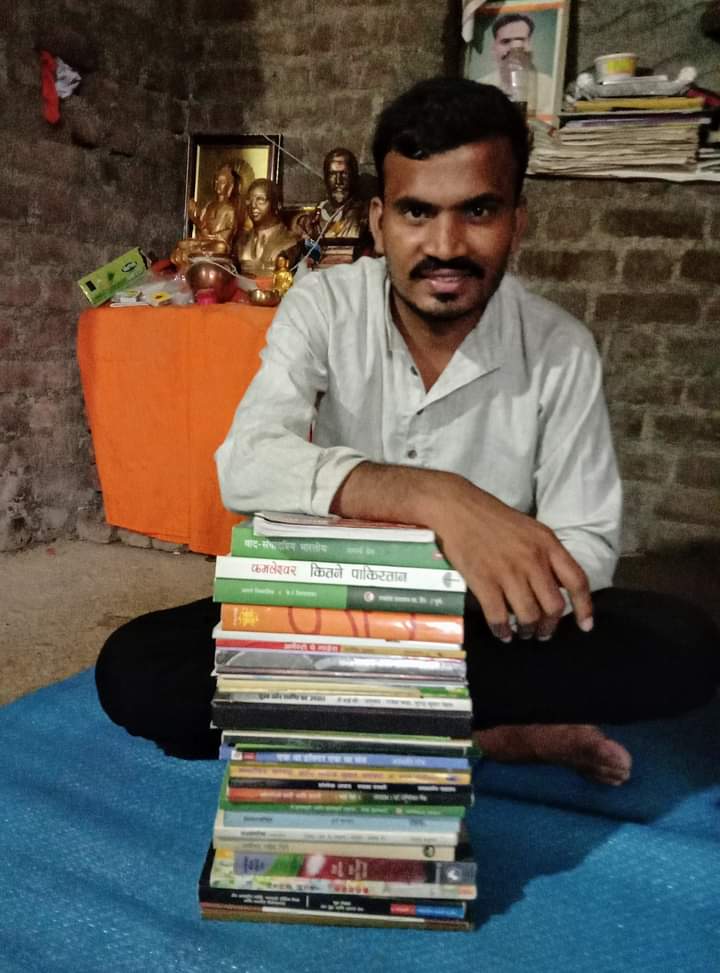 Raju Kendre at home in Maharashtra[/caption]
Raju Kendre at home in Maharashtra[/caption]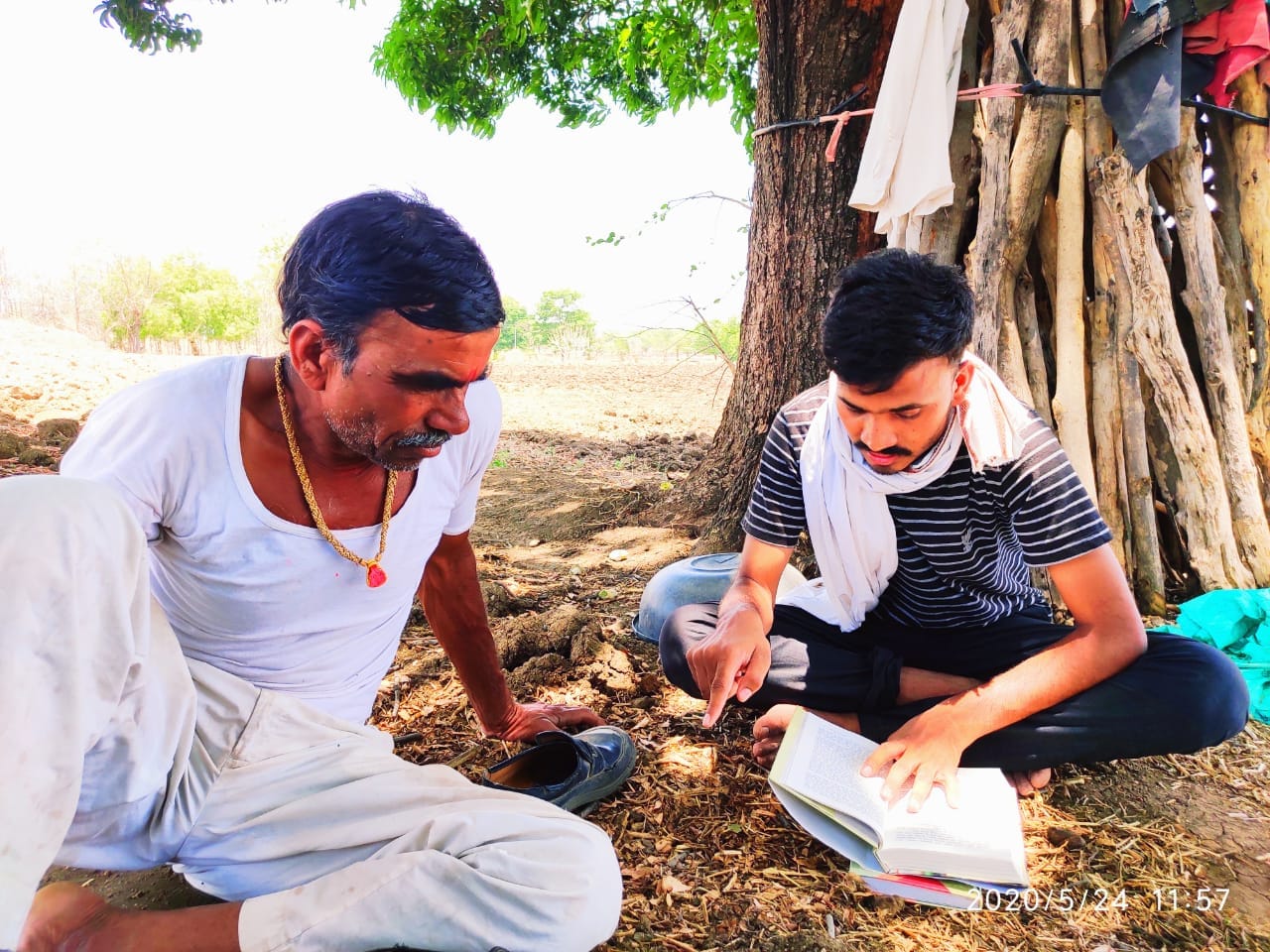 With his father back home[/caption]
With his father back home[/caption]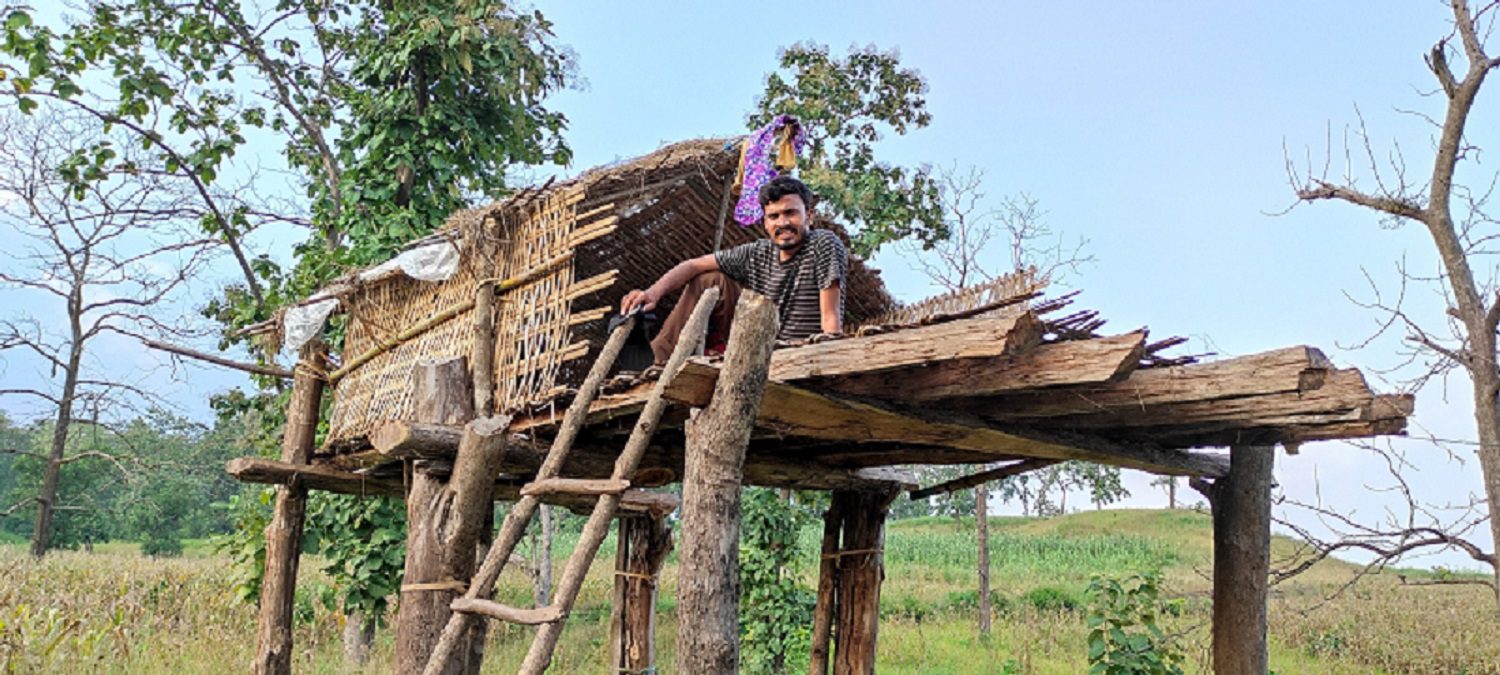 Raju in Melghat[/caption]
Raju in Melghat[/caption]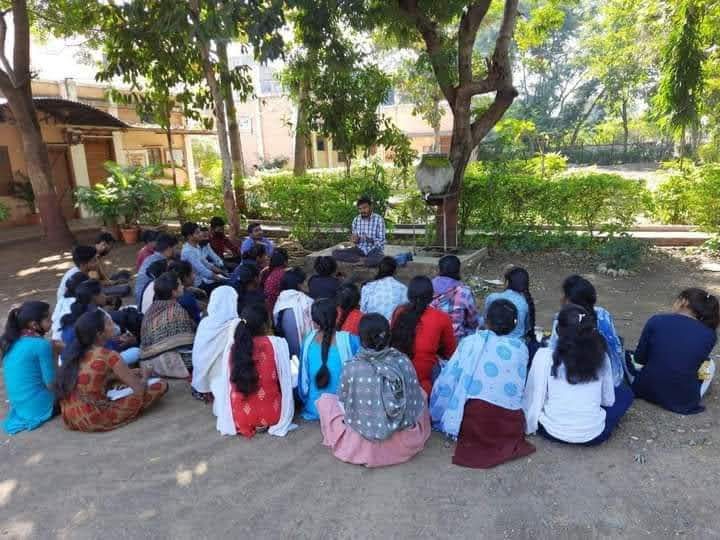 Raju with Eklavya students[/caption]
Raju with Eklavya students[/caption]
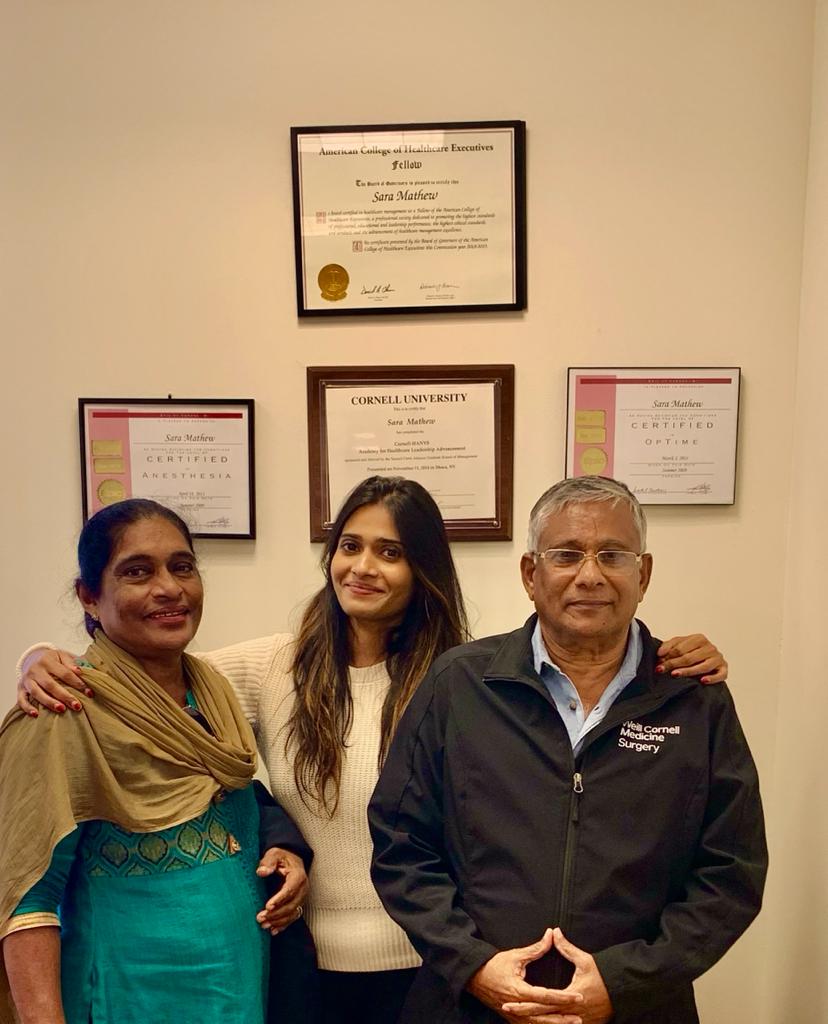 Sara Mathew with her parents[/caption]
Sara Mathew with her parents[/caption]